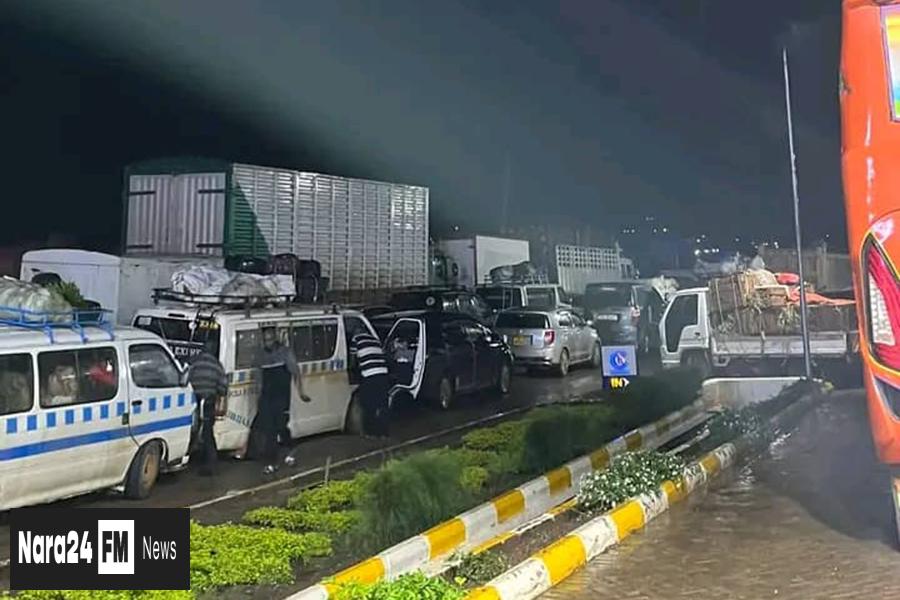Key Takeaways
- Global coffee cartels manipulate prices, leaving Ugandan farmers at a disadvantage.
- Farmers often incur production costs higher than the market price for coffee.
- Major international companies like Nestlé, Starbucks, and Unilever dominate the global coffee trade.
- Government intervention is needed to provide farmers with essential resources and stabilize the coffee sector.
- Promoting local coffee consumption could help support Uganda's coffee industry.
Barnabas Taremwa, a veteran coffee farmer with over 30 years of experience, has shed light on the harsh realities faced by Uganda’s coffee industry. In a candid address, Taremwa explained how global cartels manipulate coffee prices, leaving local farmers at a significant disadvantage.
“In Uganda, there’s a common saying, ‘Emwanyi telimba,’ which means ‘coffee doesn’t lie or disappoint,’” Taremwa shared. “But this belief is misleading. Coffee farmers have no control over pricing, and often, production costs far exceed the market price.”
He highlighted a stark example: a farmer may spend Shs 2,000 to produce one kilogram of coffee, only to sell it for Shs 1,000. This imbalance, Taremwa argues, is perpetuated by powerful international cartels headquartered in cities like London, Geneva, Milan, and Hamburg. These entities craft narratives—such as oversupply from Brazil or Vietnam—to justify low prices, ensuring their profits remain intact while farmers bear the brunt of losses.
“The global coffee cartel is ruthless,” Taremwa stated. “They don’t care if producing countries earn nothing. Their goal is to maximize their profits, even if it means exploiting farmers.”
According to Taremwa, these cartels employ two primary tactics: hoarding coffee stocks for extended periods and influencing policies to protect their interests. He named major players in the industry, including Nestlé S.A., Starbucks Corporation, and Unilever PLC, among others, who collectively dominate the global coffee trade.
So, what can be done to support Uganda’s coffee farmers? Taremwa emphasized the need for government intervention. “Farmers need access to fertilizers, pesticides, irrigation systems, and post-harvest facilities,” he said. “Without these subsidies, many will abandon coffee farming for less risky ventures.”
He also called on the government to stop echoing the narratives of foreign cartels and instead focus on stabilizing the coffee sector. Additionally, Taremwa urged the promotion of local coffee consumption through national programs, starting from schools to universities.
“Coffee is a miracle plant with immense health benefits,” Taremwa concluded. “Its value is far greater than most of us realize. Let’s not waste it.”
As Uganda’s coffee industry continues to face challenges, Taremwa’s insights serve as a wake-up call for both farmers and policymakers to take decisive action against the exploitation by global cartels.








Comments (0)
Leave a Comment
Be the first to comment on this article!